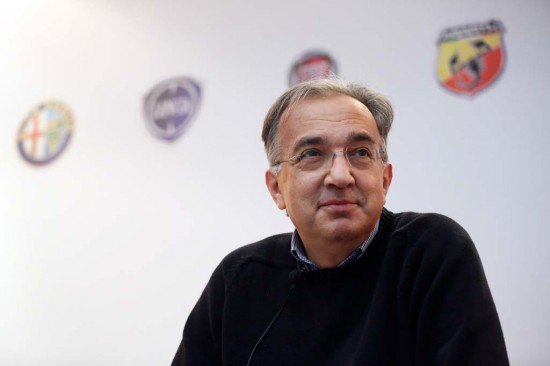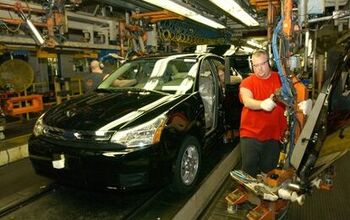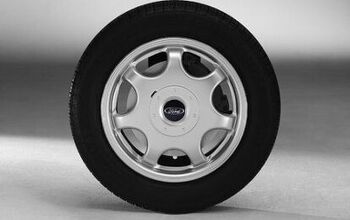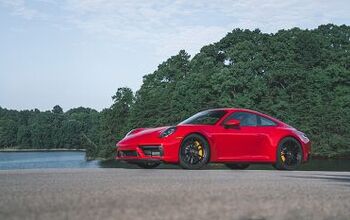Marchionne: No Money In Small Diesel Cars
Bucking a trend that has been gathering steam beyond its traditional European stronghold, FCA head Sergio Marchionne said that FCA’s upcoming product plan, due to be revealed in May, would be light on diesel engines for B and C-segment cars.
Automotive News reports that Marchionne sees no money in placing a clean diesel powertrain into a compact car if it would prevent the compact offering from being “economically viable”:
You can do this on a larger vehicle because of the costs associated with those vehicles. It’s much more difficult to join with a car like [the Chrysler 200 sedan] and keep the margins above normal. Other manufacturers are making the cars. The question of whether they’re making money is a question you should ask them specifically.
FCA has V8 diesels under the hoods of Ram’s heavy-duty pickups, and V6 oil-burners in the Ram 1500 and Jeep Grand Cherokee. But in Europe, diesels are prominent in Fiat and Alfa Romeo vehicles, particularly in countries where the fuel is subsidized (and gasoline prices are rather high). It would be difficult to imagine these smaller diesels going away entirely, but the oil-burning powertrains will certainly not make it to North America.
Seattle-based writer, blogger, and photographer for many a publication. Born in Louisville. Raised in Kansas. Where I lay my head is home.
More by Cameron Aubernon


































Comments
Join the conversation
There is no free lunch. If regulation and the market demand high fuel economy, low emissions, and good performance there is technology to provide it, but it is expensive to buy and maintain and it may reduce the economic life of a vehicle giving back at least some of the environmental benefits through more frequent car replacement. Hybrids use extra batteries and electric motors and exotic gearing systems that add cost and potentially expensive repairs. Clean diesels use turbos, direct injection, DPF, DMF that also add expenses. Now gasoline engines are increasingly using turbos, direct injection, and DMF that add expense and potentially shorten life. All these clean vehicles also require cleaner fuels that are more expensive to produce, which further reduce the economic benefits of the new technology. Cheap, clean, fast - you can have any two, but not all three.
I like it when Marchionne makes an honest attempt to explain why certain things are the way they are. The small diesel pickup brigade may still refute him, but he tried to put it in as simple blunt terms as possible.
"FCA head Sergio Marchionne said that FCA’s upcoming product plan, due to be revealed in May, would be light on diesel engines for B and C-segment cars." That makes perfect sense, because in order to put diesel engines in B and C segment cars, one needs to *make* B and C segment cars. ;)
Ford did a study in 2004 and came to the same finding, hence the Eco Boost engines. Ford's finding was that the initial outlay for a vehicle with a gasoline engine made it an easier item to market. Ford did recognise that diesel was the better option over the longer term. I wouldn't write diesel off yet. As vehicles increase in size the viability of diesel becomes more apparent. How many have a diesel whipper snipper (weed eater) or chainsaw?